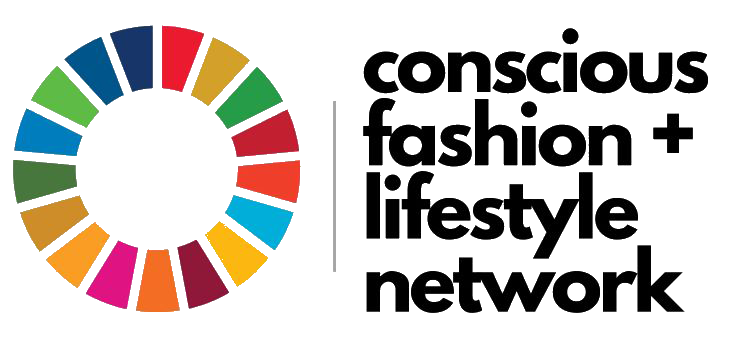Outcry in China after health worker kills pet dog whilst owner quarantines
The footage has sparked widespread outrage on Weibo – China’s social media platform similar to Twitter. The footage was recorded on the owner’s security camera when she had been forced to quarantine whilst health workers disinfected homes in the Jiangxi Province. She was staying in a nearby hotel that did not accept pets. The video shows the dog being beaten by what looks to be crowbar. Tragically, this is not the first time it has happened in China as local government workers have culled cats and dogs in similar incidents.

Why is this brutality not seen to be unthinkable behaviour?
The outrage sparked by the video footage has raised questions about the extreme measures that are currently being enforced in China in their attempt to control further waves of Covid outbreaks. Whilst I too question this aggressive and inhumane practice as a form of Covid control, what is more deeply disturbing is the attitude towards animals in China. The western world is distraught to read this story – and the fact that it is no doubt one of countless similar stories. Attacking an animal that has feelings and emotions and that is an integral part of an owner’s life is unthinkable in the west. So why is it not seen to be unthinkable in many parts of China?
Why do animal cruelty incidents happen so often in China?
Still today, many Asian children grow up assuming animals exist to serve us, feed us, entertain us and clothe us and many see animals simply as ‘moving objects’ – a literal translation of the Chinese word for animal. So how do we get the message across to a population of 1.4 billion that animals are sentient beings with feelings? Not only do we need to communicate this message to create a more compassionate and empathetic nation but we also need to help the nation understand that humans, animals and the environment are interconnected and when we harm one area it has a knock-on effect. At ACTAsia we promote the World Health Organisation’s ‘One Health’ concept that humans, animals and the environment are intricately linked to one another and it is only when all three elements are addressed can we effect a theory of change for better public health outcomes and a kinder world for people, animals and the environment.

How do we change the way people regard animals in China?
By addressing the root cause of the issues, we can bring about a paradigm shift and change how people consider and treat animals in China and Asia. We believe that this can be achieved through education. ACTAsia strongly believes that by educating future generations that animals are sentient beings who experience feelings, pain and emotion and changing their relationship with animals that we can affect change. ACTAsia’s United Nation’s accredited Caring for Life (CFL) Education programme is helping societies to show respect for one another, to become kinder towards animals and to work towards protecting the environment. By the end of 2020, CFL had reached 100,000 children in 148 schools and been taught in 50 community centres and 10 summer camps.

What is ACTAsia’s Educational Programme to create a more compassionate nation?
ACTAsia’s Caring for Life for Children education programme aims to help children develop a sense of compassion and responsibility for animals, people and the environment. Taught over six years and based on UNESCO’s Four Pillars of Education, the curriculum encompasses social welfare and citizenship, animal welfare and environmental issues. The course teaches children that all living things are interdependent and that the true concept of human and environmental health and the concept of One Health, only comes from caring for all.
How can we stop such brutality towards animals happening in the future?
Affecting change requires multi-faceted efforts from the decision-makers: educators, the media, professionals and society all working together. I view this tragedy as being caused by ignorance and the inability to understand that animals are sentient beings. To prevent the same tragedy, we need to enforce an Animal Welfare law in the short term and a strong focus on education to create the long-term change. After the incident happened, many Chinese have been lobbying for a new law but we need more people to support this call within China – not just from outside of China.
We cannot control the Chinese laws but we can help in educating future generations
ACTAsia would love to train more teachers in our Caring for Life Education programme so that we can extend the roll out of our award-winning education in more schools. Such incredible progress in educating more teachers to introduce the CFL programme could not be achieved without the amazing generosity of our supporters who not only support us financially but who also support us in our drive to get ACTAsia’s tremendous work recognised and implemented. We hope that this recognition will offer even greater exposure for ACTAsia on a global platform extending our work and reach and our goal for a kinder more compassionate world.
![ACTAsia [logo]](https://www.actasia.org/wp-content/themes/ACTAsia-2022-theme/assets/img/actasia-en-colour.svg)



